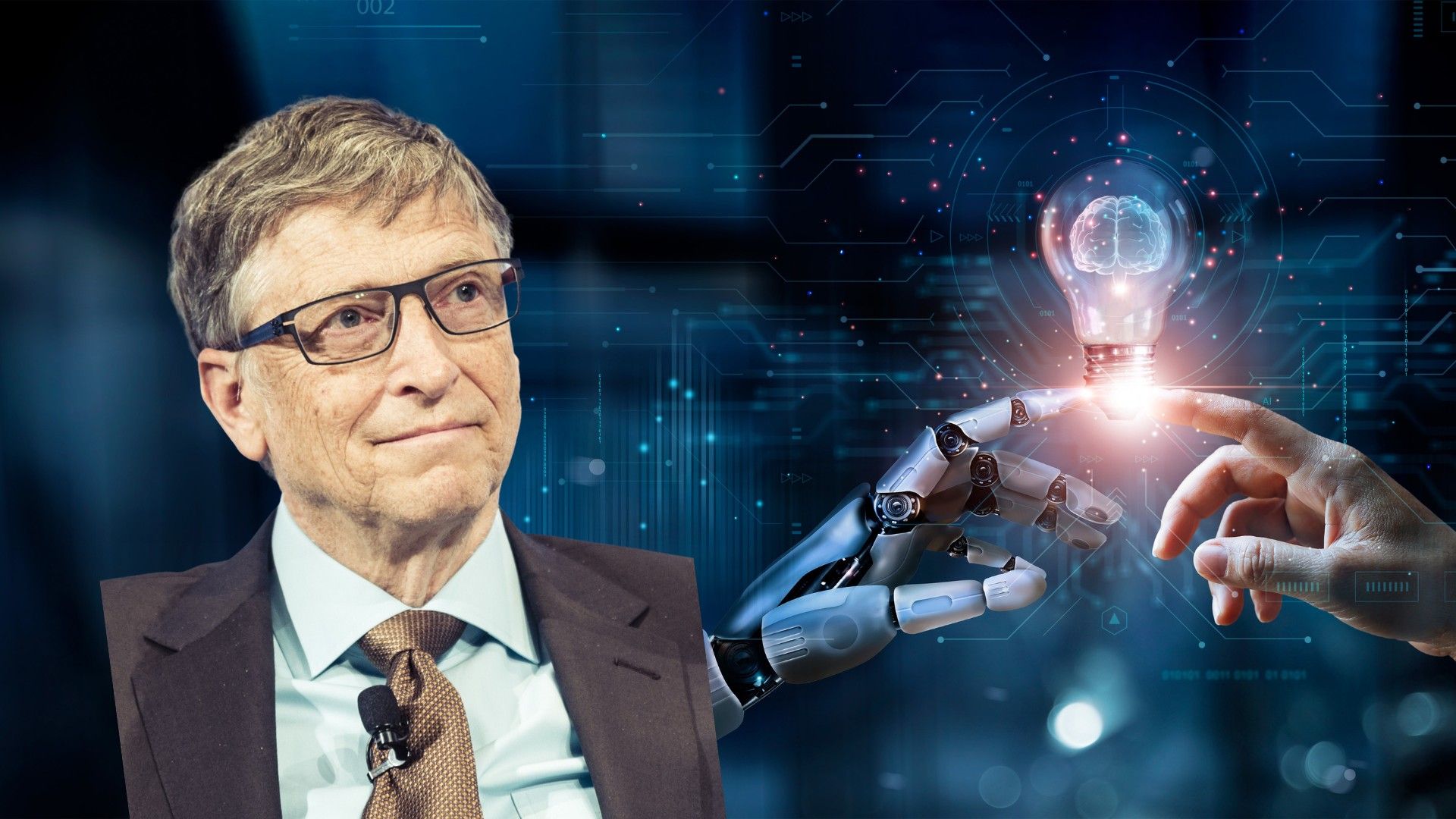
Bill Gates on AI: Will Humans Be Needed for Most Things?
Bill Gates predicts AI will perform most human tasks. Discover what this means for executives, enterprise strategy, and the future of AI-driven business.
Bill Gates on AI: Will Humans Be Needed for Most Things?
In March 2025, Bill Gates reignited the global AI debate when he suggested that humans may not be needed for most tasks as AI advances. For executives, this wasn’t just a provocative remark—it was a wake-up call to reimagine how enterprises must adapt to artificial intelligence.
Gates’ Tech Track Record: Why His Words Matter
Bill Gates has a long history of forecasting technological shifts:
- 1980s: Advocated for “a computer on every desk and in every home.”
- 1995: Called the Internet a “tidal wave” that would transform business.
- 2015: Warned of global pandemics—well before COVID-19.
- 2023: Declared AI to be as revolutionary as the PC and Internet.
When Gates speaks, leaders listen. His track record suggests that AI’s role in business will be as profound as his past predictions.
Routine Work vs. Human-Centered Work
Gates emphasized that AI will excel at repetitive, structured tasks, while humans retain the advantage in creativity, empathy, and judgment. Executives can already see this shift in multiple industries:
- Finance: AI automates fraud detection and invoice approvals.
- Healthcare: AI scans X-rays and triages patients faster than humans.
- Legal: AI-powered contract review tools cut analysis time by 80%.
- Customer Service: AI agents resolve Tier 1 inquiries around the clock.
This division of labor is not theoretical—it’s here today.
Other Voices in the Debate
Gates is not alone in this outlook:
- Elon Musk warns of existential risks and pushes for global AI regulation.
- Satya Nadella promotes “AI co-pilots” that augment, not replace, workers.
- Sam Altman testifies that AI will reshape jobs, but also create new ones.
Executives must weigh both optimism and caution. Adopt AI blindly, and you risk chaos. Ignore it, and you risk irrelevance.
DGX Perspective: Augmentation, Not Replacement
At DGX Enterprise AI, we believe AI agents should complement human talent—not replace it. Examples include:
- Voice agents for client intake, freeing staff for high-value work.
- Email automation to follow up with leads while sales teams focus on strategy.
- AI-powered analytics to surface insights faster for decision-makers.
In practice, AI works best when paired with human judgment, creativity, and leadership.
Risks Executives Must Manage
- Workforce disruption: Fear of replacement can reduce morale. Leaders must emphasize reskilling and augmentation.
- Ethical concerns: AI bias in hiring or lending decisions can damage reputation. Governance is essential.
- Inefficient automation: Automating broken processes only amplifies chaos. Optimize workflows first.
- Security & compliance: Mishandled data can create regulatory risk. Enterprise-grade safeguards are non-negotiable.
A 5-Step Roadmap for Executives
- Define strategic objectives — tie AI to KPIs like cost savings, customer experience, or revenue growth.
- Audit workflows — identify repetitive tasks ripe for automation.
- Build infrastructure — integrate data, APIs, and security systems.
- Pilot AI agents — start small, prove ROI, then expand.
- Scale responsibly — implement governance, fairness audits, and transparency.
Looking Toward 2030: Scenarios
- Optimistic: Humans and AI collaborate, creating entirely new industries.
- Cautionary: Workforce displacement without reskilling leads to unrest.
- Most Likely: A hybrid world—AI handles most tasks, humans drive oversight and creativity.
Conclusion
Bill Gates’ statement is bold but realistic: AI will take over most tasks. The leaders who succeed will adopt enterprise AI strategically, empower their employees, and treat AI as a multiplier, not a threat.
Ready to see how AI agents can transform your business? Get Started today.